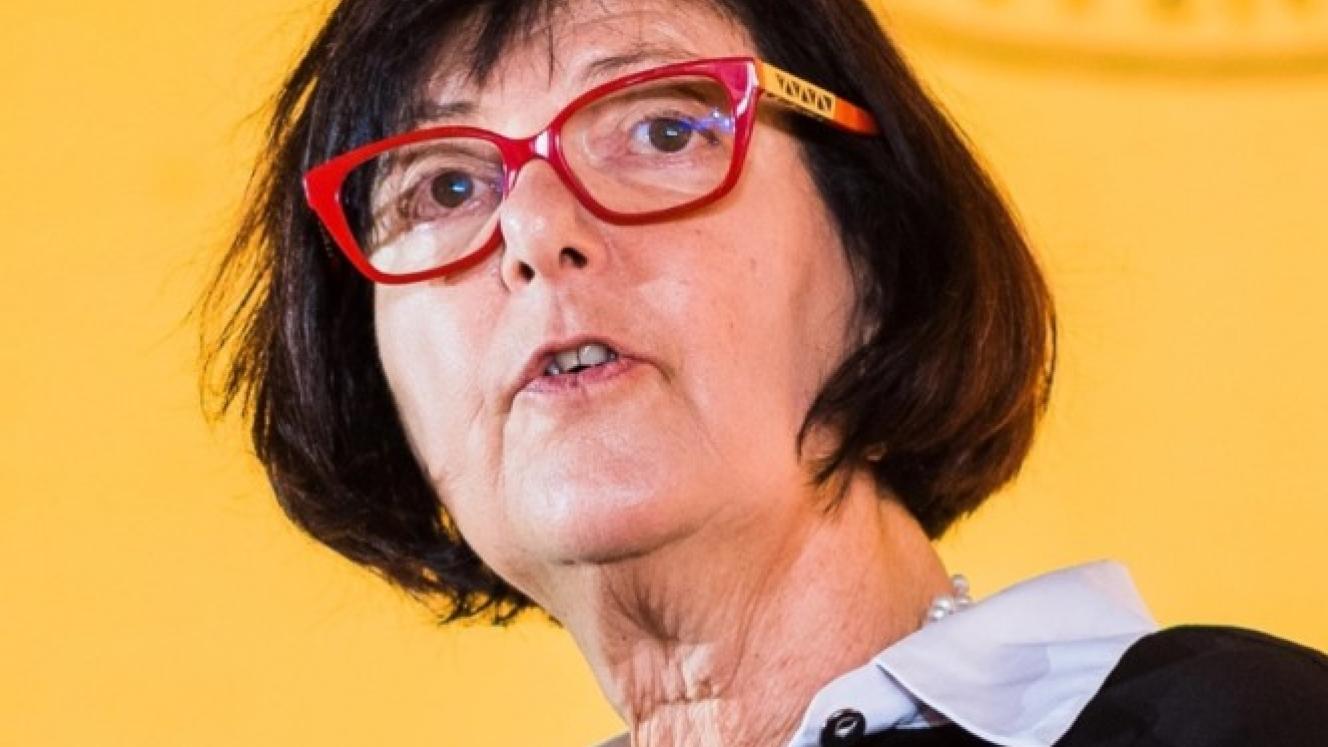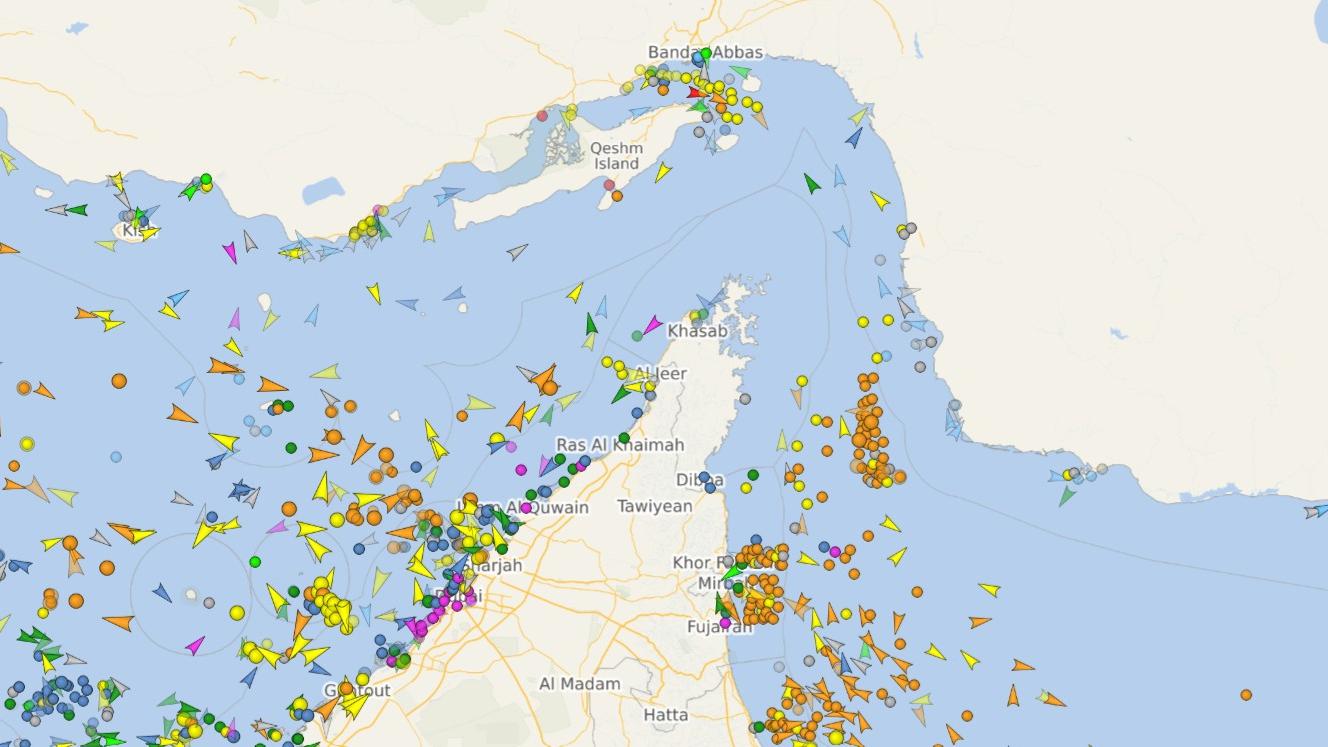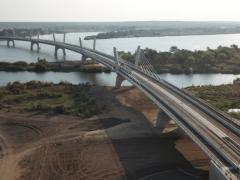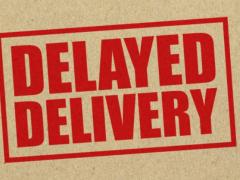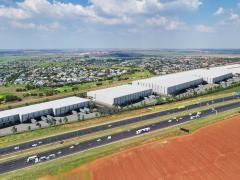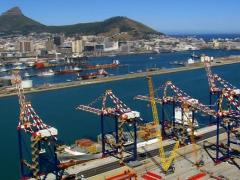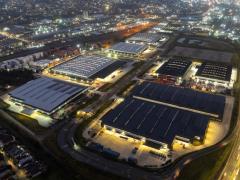The third-party rail freight access that has been approved to 11 privately owned train operating companies is key to the country’s efforts to increase bulk volumes in the context of boosting trade on the continent.
Transport Minister Barbara Creecy, speaking at the 14th Southern African Railways Association conference on Tuesday, highlighted the significance of the historic move in light of how African nations were grappling with global trade disruptions and seeking to leverage the African Continental Free Trade Area to boost intra-continental trade.
Transport ministers from Kenya, Namibia, Botswana and Zimbabwe are attending the event, which runs from August 26-29 in Sandton, Johannesburg.
"We meet today at a complex time for our individual domestic and continental economies," Creecy said.
"Recent global developments, including import tariffs, are disrupting long-standing trade and market access agreements. African economies are searching for new export markets on the continent and in the wider world."
Creecy highlighted rail's historic role in Africa.
"For generations, railways have been the arteries of African trade and mobility – connecting mines to ports, farms to markets and people to opportunities.”
Creecy positioned the country’s rail reforms within the continental drive for integration.
"The African Integrated Railway Network, emerging from the 2023 Zanzibar Declaration, offers us a continental vision of seamless connections, strong manufacturing capabilities, and a united approach to infrastructure development.”
She cited examples of rail progress across Africa including, the Lobito Corridor in Angola, connecting to Zambia and the DRC; the Nacala Corridor in Mozambique and Malawi, the Beitbridge Bulawayo Railway in Zimbabwe, and TAZARA, linking Tanzania and Zambia.
However, Creecy added that integration beyond rail was important.
“Investing in rail alone is not enough to achieve our objectives. Modern supply chains mean we must integrate rail with ports, roads, and inland logistics hubs. We must also harmonise regulations, standards and procedures across borders so that goods can move easily within the free market area.”
Creecy outlined South Africa’s National Rail Policy, which establishes the principle that rail infrastructure remains state-owned, while opportunities will exist for third party access in rail operations.
"Last week Friday I announced that eleven private-sector operators have met the initial application criteria and have been allocated amongst them a total of 41 routes across six corridors, for operating periods of up to ten years.”
She said the Transnet Rail Infrastructure Manager estimated that the new operators would carry an additional 20 million tonnes of freight per annum from the 2026/27 financial year.
This will supplement Transnet Freight Rail’s (TFR’s) forecast volumes and contribute to its target of increasing freight moved by rail to 250 million tonnes per annum by 2029.
“This is a significant step in our rail reform journey and makes open access to freight rail a reality in our country. It will contribute to a more efficient, reliable and sustainable rail system that can promote inclusive growth and ensure job retention and job creation.”
However, Creecy said infrastructure challenges remained.
"The current state of Transnet’s rail infrastructure is a cause for concern for freight operators and cargo owners alike. The state has limited availability of resources for major refurbishment. This makes private-sector investment critical.”
Plans include requests for proposals later this year to attract private investment, likely through concessions, while keeping the network state-owned.
She said the Passenger Rail Agency of South Africa had successfully revived 35 out of 40 corridors and sections of service lines and had achieved an unaudited figure of 77 million passenger journeys for the last financial year.
A request for information for passenger rail investment launches in September, aiming for 600 million annual journeys within five years.
She said South Africa's ratification of the Luxembourg Rail Protocol supported international financing for the sector.
Creecy called for sustainability and skills development in the rail sector.
"As we expand, we must ensure our railways are green, climate-resilient and sustainable. Electrification, hybrid locomotives and circular economy practices will help us meet our climate goals.
"Let us move from discussion to delivery, from vision to action. Together, we can build an African rail network that powers our economies, connects our people and secures a better future for generations to come."
